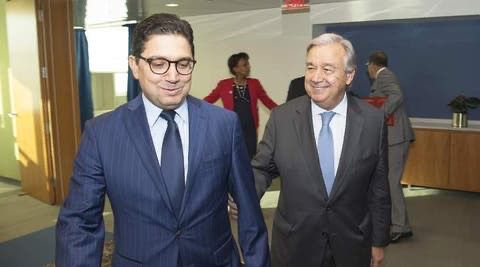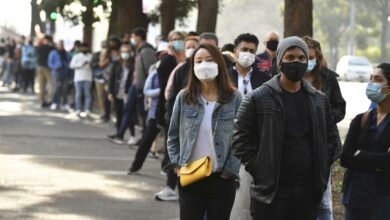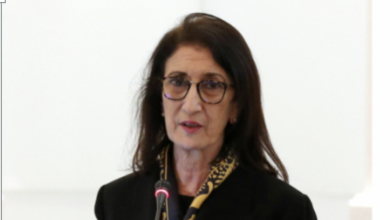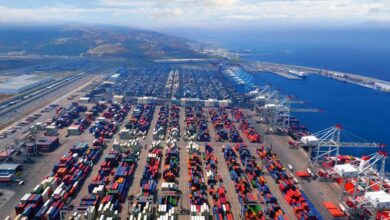Morocco Between Diplomatic Gains and Algerian Hate Propaganda

ALDAR/
In recent years, Morocco has witnessed significant diplomatic developments on the international stage, which have elicited mixed reactions from its neighbors, particularly Algeria. Among these notable developments is Morocco’s signing of the trilateral agreements with Israel and the United States, which included Washington’s recognition of Moroccan sovereignty over its Sahara. These agreements also bolstered economic and security ties between the three parties. More recently, France took a similar step by recognizing Moroccan sovereignty over the Sahara, reflecting growing international support for Morocco’s stance.
On the other hand, Algeria has responded to these moves with a wave of accusations, claiming that Morocco betrayed the Palestinian cause and forged alliances at the expense of “Arab issues.” This is despite Morocco’s repeated affirmations that its relations with Israel do not undermine its historical commitment to supporting the Palestinian people.
What is particularly striking, however, is how Algeria has exploited these developments to fuel hatred against Morocco and Moroccans. Through both official and unofficial media outlets, Algeria has launched intensive propaganda campaigns accusing Morocco of betrayal and portraying its actions as a threat to Algerian national security. These campaigns have even gone as far as inciting the Algerian public against the Moroccan people, exacerbating tensions between the two neighboring populations.
The irony lies in the stark contradiction within Algeria’s official rhetoric, which claims to oppose “sedition” and advocate for Arab unity while simultaneously perpetuating animosity against Morocco at both the political and popular levels. This duplicity raises a legitimate question: why are these hostile campaigns not condemned with the same intensity as Morocco’s diplomatic steps?
A balanced analysis of the situation reveals that Algeria, rather than adopting a policy of dialogue and good neighborliness, has chosen to pursue a strategy of accusations and aggression as a means of exporting its internal crises. With growing social and economic pressures within Algeria, targeting Morocco has become an easy way to divert public attention.
Amid this tense situation, coexistence and good neighborly relations remain the best options for the two neighboring peoples. The shared history and culture between Morocco and Algeria should serve as a basis for cooperation rather than conflict. Combating hate speech requires a genuine stand from the international community and regional organizations to deter any state that contributes to fueling discord between peoples.
The current scene demonstrates that Morocco, by strengthening its international position, has successfully garnered increasing support for its legitimate causes. This, in turn, has pushed Algeria into adopting hostile stances that underscore its growing isolation. However, there remains hope that the two brotherly peoples will recognize that division and hostility serve narrow agendas and do not benefit either of them.





